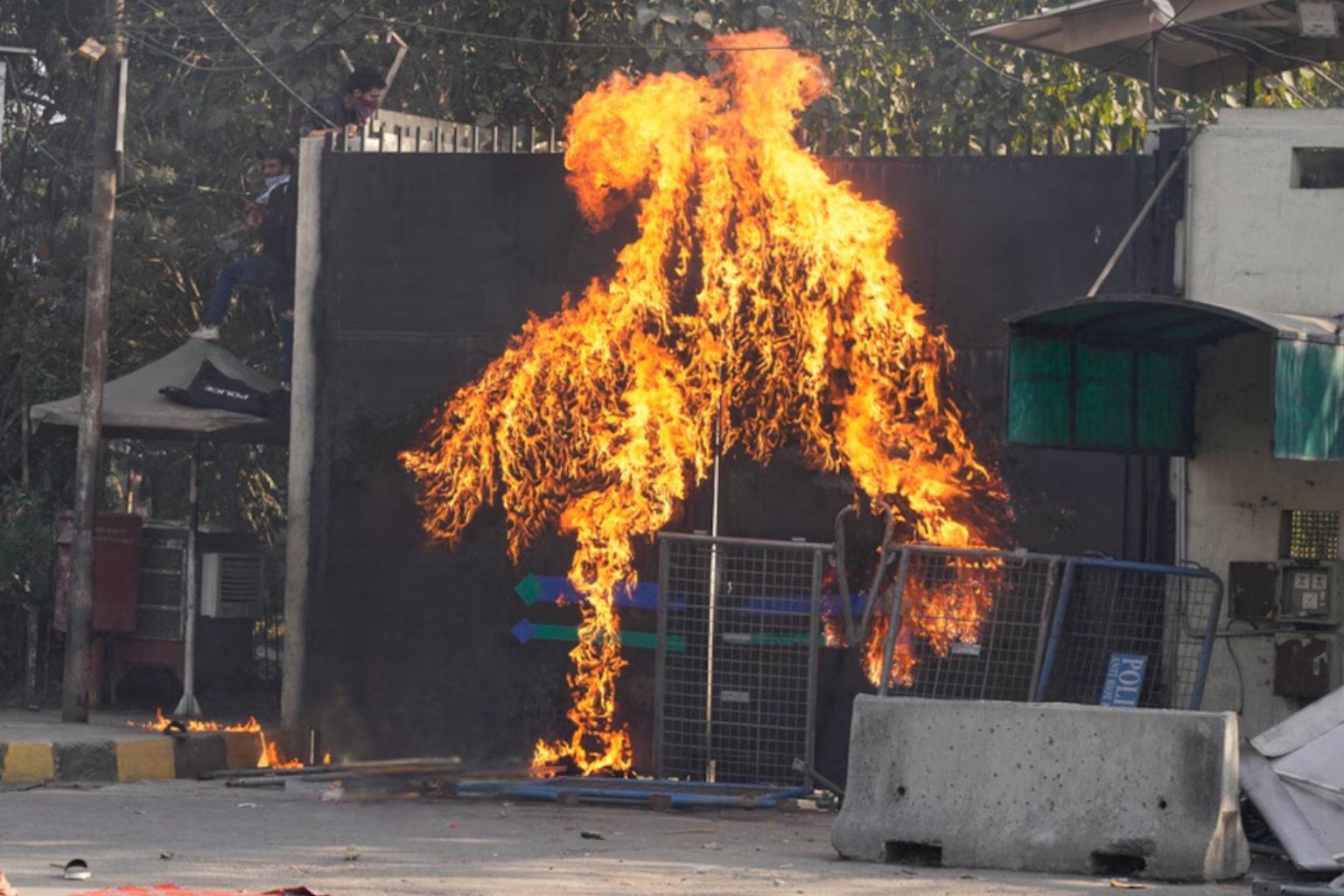Phil Mickelson’s sharp rebuke of Rep. Ilhan Omar fuels a wider debate over politics, grief and public figures

Phil Mickelson’s short post on X that Rep. Ilhan Omar “came here fraudulently and will hopefully be sent back to Somalia soon” sparked a nationwide controversy over how public figures speak politics after a high-profile murder this weekend. In a CNN interview, Omar said Charlie Kirk’s memorialization “should be in the dustbin of history,” provoking bipartisan fury.
The interaction occurred during Kirk’s sudden death. State officials characterized the Sept. 10 shooting of conservative activist Charlie Kirk at a Utah college event a political assassination, generating debate about goals, security, and language. Authorities and municipal leaders addressed campus safety and political gatherings quickly.
Reactions to a tragic killing quickly became a debate about who can judge a public figure’s memory and how far criticism can go. Conservative pundits considered Omar’s on-camera words harsh after Kirk’s murder, but her supporters argue she was referring to his long history of public utterances, not encouraging violence. That distinction is flammable politically.
Because Mickelson is a high-profile LIV Tour player and sportspeople increasingly weigh in on politics on social media, his intervention is notable. His direct desire for Omar to be “sent back to Somalia” triggered discussions on xenophobia, immigration, and celebrity duties to millions. Some conservatives celebrated, but others said demeaning speech divides society.
Congress has reacted as strongly as social media. Conservative senators tried to squeeze Omar, but Democrats let her trash a public figure’s legacy after a murder. A narrow House vote denied a GOP-led motion to censure Omar, revealing how hot the issue has grown and how quickly political fights can follow a national tragedy.
Other than partisan wrangling, the story demonstrates two persistent tensions in American public life: social media outrage’s quickness and ferocity and how party lenses restrict public grieving. When a beloved or despised public person dies violently, honor, condemnation, and politicization rise. That requires bystanders, families, and institutions to hold leaders accountable for detrimental words, encourage free expression, and prevent ethnic or religious incitement.
As the massacre and investigations proceed, authorities may realize that angry statements may sway public opinion. Conciliatory or aggressive tone influences personal reputations and how communities process trauma and move ahead for athletes like Mickelson and legislators like Omar. As Congress, media, and civic leaders debate how to memorialize a divisive individual without splitting a divided nation, these debates may continue.
Sources
Fox News
Reuters
Newsweek
AP News
Al Jazeera




